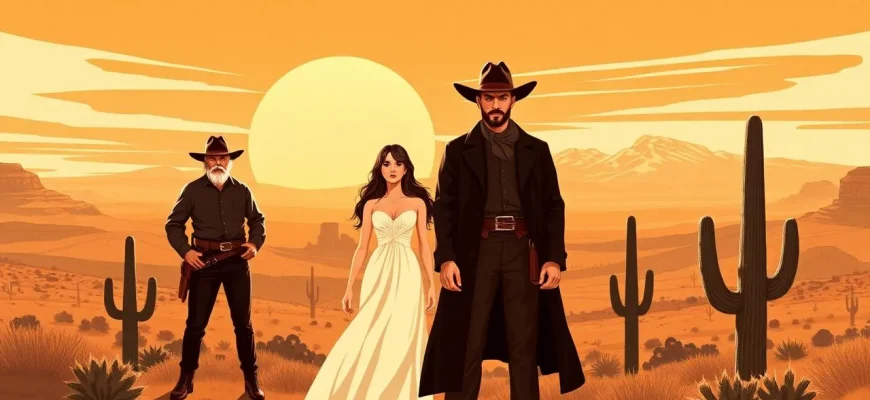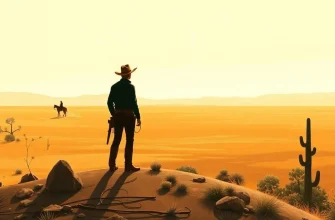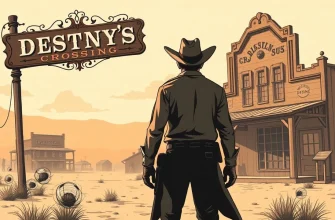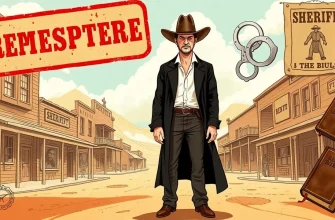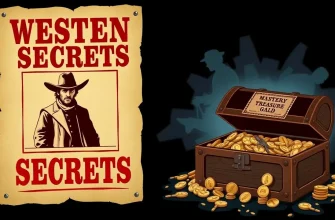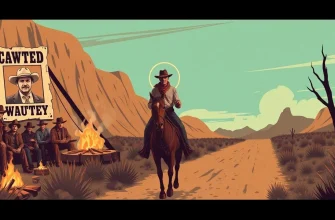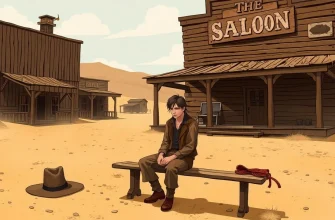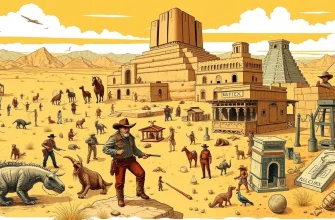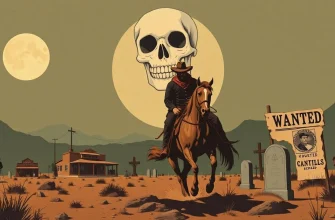The Western genre has always been a fertile ground for stories of bravery, honour, and the quest for justice. This curated list of films showcases characters who embody the spirit of nobility, often against the backdrop of the rugged and lawless frontier. These films not only entertain but also inspire, offering insights into the moral complexities of the Wild West and the timeless values of integrity and courage.
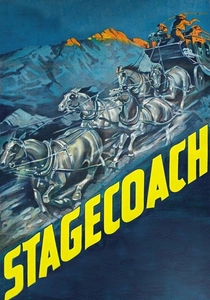
Stagecoach (1939)
Description: A group of diverse passengers on a stagecoach must navigate through hostile territory, highlighting the nobility of the Ringo Kid, a fugitive with a strong moral code.
Fact: This film marked John Wayne's breakthrough role, and it was one of the first films to use Monument Valley as a backdrop, setting a visual standard for Westerns.
 Watch Now
Watch Now
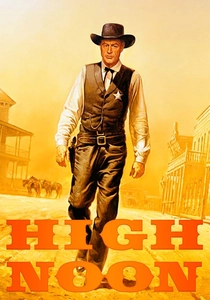
High Noon (1952)
Description: A marshal faces a gang of outlaws alone when the town refuses to help, demonstrating his commitment to duty and personal honor.
Fact: The film was shot in real-time, with the entire story unfolding in the time it takes to watch the movie. It was also one of the first films to be released in the UK with a British English dub.
 Watch Now
Watch Now
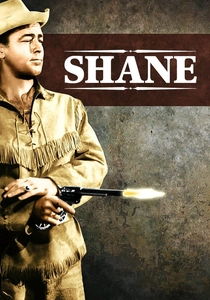
Shane (1953)
Description: A mysterious gunfighter comes to the aid of homesteaders against a ruthless cattle baron, embodying the archetype of the noble gunslinger.
Fact: The film was nominated for six Academy Awards, including Best Picture. It's often cited as one of the greatest Westerns ever made.
 Watch Now
Watch Now
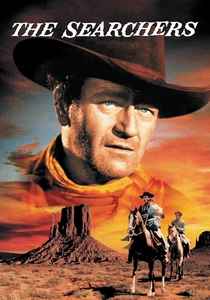
The Searchers (1956)
Description: An ex-Confederate soldier embarks on a quest to rescue his niece from Comanche kidnappers, revealing layers of nobility and moral ambiguity.
Fact: The film was highly influential, with its themes and visuals echoed in many subsequent films. It was also one of the first Westerns to explore the complexity of Native American characters.
 Watch Now
Watch Now
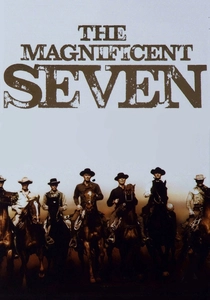
The Magnificent Seven (1960)
Description: A classic tale of seven gunfighters hired to protect a small Mexican village from bandits, highlighting themes of heroism and self-sacrifice.
Fact: The film was inspired by Akira Kurosawa's "Seven Samurai." It was remade in 2016 with a diverse cast.
 Watch Now
Watch Now

The Man Who Shot Liberty Valance (1962)
Description: A senator recounts the story of how he became known as the man who shot the notorious outlaw Liberty Valance, revealing the true nature of nobility and heroism.
Fact: The film is famous for its line, "When the legend becomes fact, print the legend." It was also one of the last films John Ford directed in the Western genre.
 Watch Now
Watch Now

The Outlaw Josey Wales (1976)
Description: A Missouri farmer turned Confederate guerrilla seeks revenge and finds redemption, showcasing themes of honor and loyalty.
Fact: Clint Eastwood directed and starred in this film, which was his first Western as a director. It was also one of the first films to feature a sympathetic portrayal of Native Americans.
 Watch Now
Watch Now
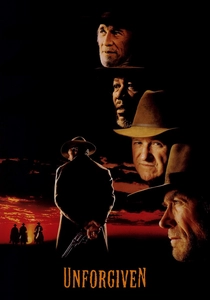
Unforgiven (1992)
Description: This film explores the life of an aging outlaw who takes one last job to protect a group of prostitutes, showcasing the struggle between past sins and the desire for redemption.
Fact: Clint Eastwood won his first Best Director Oscar for this film. The movie was also nominated for nine Academy Awards, winning four.
 Watch Now
Watch Now
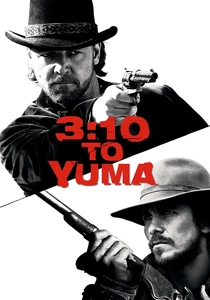
3:10 to Yuma (2007)
Description: A struggling rancher agrees to transport a notorious outlaw to justice, exploring themes of duty, sacrifice, and the quest for redemption.
Fact: This is a remake of the 1957 film, which was also critically acclaimed. Russell Crowe and Christian Bale both received praise for their performances.
 Watch Now
Watch Now
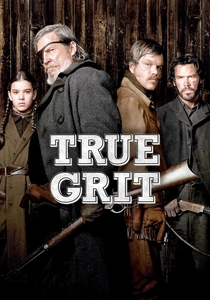
True Grit (2010)
Description: A young girl hires a tough U.S. Marshal to track down her father's murderer, showcasing the marshal's unwavering sense of duty and justice.
Fact: This film is a remake of the 1969 film of the same name, which starred John Wayne. Jeff Bridges was nominated for an Oscar for his role as Rooster Cogburn.
 Watch Now
Watch Now

